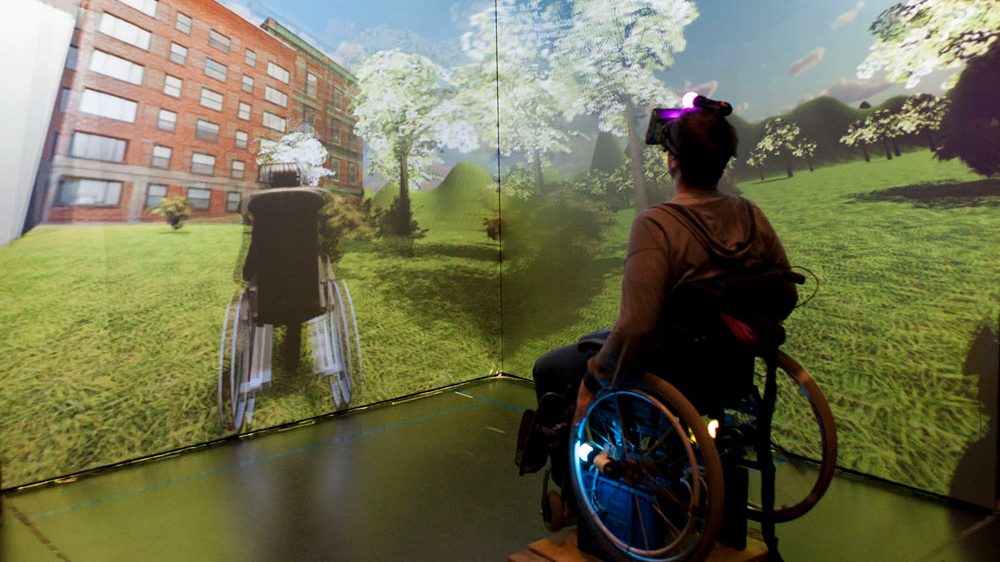Step into the world of Virtual Reality and what do you expect? A virtual world brimming with excitable technophiles? You’re definitely not alone in believing that VR is just for the tech lovers amongst us. However, this is all set to change.
VR is being used in lots of new and accessible ways, to influence how people are being taught. According to the guys in the virtual lab coats, the human brain remembers only 10% of what it reads, 20% of what it hears and 90% of what it does. So, it goes without saying that VR’s set to change the face of learning. From training combat surgeons, to helping children with disabilities learn to socialise, the potential of Virtual Reality is only just being realised.
VR In The Field

Even G.I. Joe seems to be getting involved in the action. Army medics are now using VR to learn vital skills, enabling surgeons to place themselves in tense combat simulations. This kind of opportunity helps surgeons to prepare mentally and develop the skills needed to narrow their focus – eliminating confusion and hesitation.
So, we know VR can prepare soldiers for combat but what happens when the soldiers return from war? VR’s immersive nature means that it’s ideally suited to treating phobias and PTSD. In a controlled environment, the patient is confronted with their fear, allowing them to slowly learn new behaviours and coping strategies.

Forget cadavers and hours spent pouring over Grays Anatomy; the surgical Bible, not the hit US TV show (although, I’m sure both have their merits), VR provides an innovative form of surgical practice. Through VR, Stanford University allows its students to practice rare surgical techniques – an opportunity that doesn’t often arise in the medical world. The technology offers medical students the chance to practice as much as possible, with no impact on the patient. At this rate, virtual procedures could become commonplace.
A good bedside manner is a real skill to have and yet, difficult to acquire. Virtual Reality has proven to be an excellent aid in teaching this hidden art and now trainee doctors can even be placed in the shoes of their patients. Embodied Labs created “We Are Alfred”, VR technology developed to show budding doctors what life can be like for some of our more senior citizens. Medical students can immerse themselves in 74-year-old Alfred’s world and experience what it feels like to be hard of hearing and sight.
Opening Doors

Virtual Reality opens doors – doors, that for many of us are already open. VR can help children with learning disabilities experience a world that may not be accessible to them. The major benefit, being that VR can be tailored to a child’s needs or disability. For instance, social cognition training (SCT) is one way VR is helping young adults with autism. SCT places these children in every day situations and teaches social cues and appropriate behaviour, as well as developing confidence. The skills learnt through this method are transferable and can help these children participate and socialise with others.
Virtual reality has proven it has the power to educate, open doors and empower its users. We live in a society bombarded with new technologies and VR is making its mark. The way we listen to music, watch TV or get our news has all changed, so it makes sense that the way we are educated should to. Once upon a time chalkboards were all the rage, until in strode the flashy whiteboard. Don’t get us wrong, we’re not suggesting we do away with reading and writing, but perhaps a combination of the old and the new, might deliver the virtual ending we all so crave.

